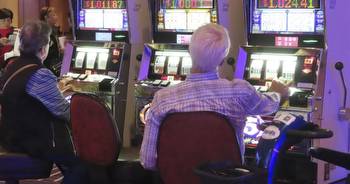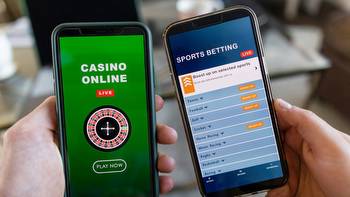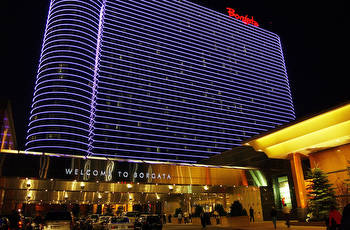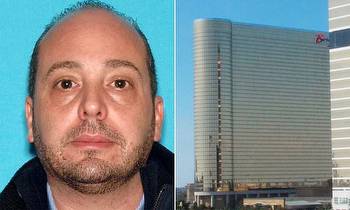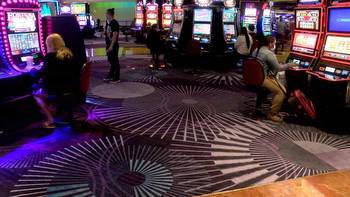Don’t bet on N.J. casinos to limit your losses
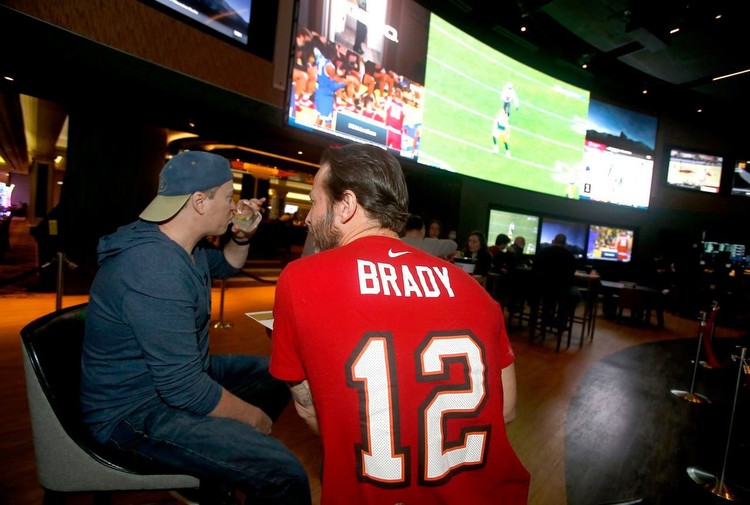
With the nation’s most wagered-upon single-day sports event just three days away, don’t expect any help from the gambling websites or New Jersey’s casinos in preventing you from losing your shirt.
A federal judge just dismissed a lawsuit from a self-described compulsive gambler who claimed that the Borgata, and parent company MGM Resorts International, should have dissuaded him from — instead of enticing him to — bet more and more money once it “knew” that he was addicted.
With no lack of clarity whatsoever, U.S. District Court Judge Madeline Cox Arleo ruled last week that New Jersey’s otherwise tightly regulated gaming halls and online platforms have no legal obligation to cut off bad gamblers (or merely unlucky ones) just because the bettor’s proclivity to place too many sucker bets is known to the casino or website operator.
New Jersey casino law, the judge wrote, “pervasively regulates the responsibilities of casinos as they relate to compulsive gamblers, but is notably silent on whether casinos or online gambling platforms may induce people who present with compulsive gambling behavior to patronize their businesses.”
Keep that in mind before you do any wagering for the Super Bowl, folks.
The lawsuit was filed by Sam Antar, who stated in court papers that he had placed about 100,000 bets with a value $30 million over several months in 2019, although the filing doesn’t indicate how much his losses were. In addition to not stopping him from betting, Antar alleged, Borgata and MGM presented him with multiple attractive opportunities to wager more, such as free bets and other perks.
Too bad, the judge decided.
“The New Jersey Legislature ... has not yet seen fit to require casinos to prevent or stop inducing gambling from those that exhibit problem gambling behavior,” she wrote.
One might ask, well, why hasn’t the Legislature seen fit to do this? Or, why do our laws have to be “notably silent” on this issue?
You may be aware that New Jersey law has required casino operators for years to offer a “self-exclusion” list. Gamblers who sign up are supposed to be escorted away from the tables. A casino may be fined if they let persons on their list keep on betting. It’s not clear how well this works today, when gamblers can easily bet without interacting with another human. Mobile sports books and slot games don’t check I.D.s. Actually, it would seem to be easier to “block” self-excluders using account numbers and algorithms than to depend on the arrival of security guards to act as bouncers. How up to date is this law?
It’s tough to show sympathy for Antar, the losing plaintiff in the case, since he apparently put himself on the self-exclusion list — until he decided to take himself off of it. He has also admitted to past securities fraud and was convicted of theft by deception in 2022. And, if his last name sounds familiar, he’s the nephew of the infamous Eddie Antar, the late founder of Crazy Eddie who defrauded his electronics chain-store empire’s investors out of $74 million.
Still, Sam Antar might have a relevant point when he says the law needs to be changed. “This is not just about me; this is about all the people across this country who have this addiction,” he said.
Casinos, of course, make their money from bets where the house wins. No refunds are due to losers, nor should they should be expected. Judge Arleo’s ruling fits the pattern of decisions in previous cases involving the same issues. It’s anticipated that customers will use at least a modicum of self-control.
One can nonetheless argue that there ought to be some more teeth in the largely false pretense that New Jersey and other states “care” about problem gamblers by compelling gaming companies to advertise small-print “Bet with your head not over it” slogans and toll-free numbers to get help.
Anti-addiction services and referral lines do good work. But until laws require the casinos to provide more active controls on destructive compulsive gambling at their end, they might just as well put 1-800-LIPSERVICE at the end of their enticing ads.
Our journalism needs your support. Please subscribe today to NJ.com.
Send a letter to the editor of South Jersey Times at sjletters@njadvancemedia.com









